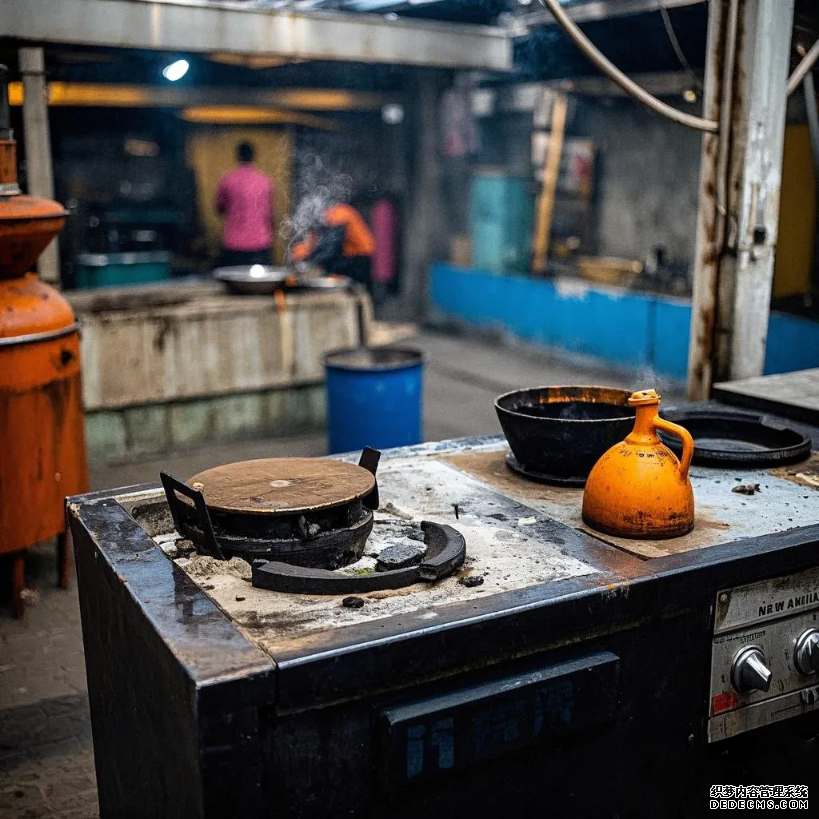Position:Home > environment > Content
Indian media: Mumbai bans' polluting &#
Date:2025-03-01 06:20Editer:adminRead()

In India, clay stoves have been an essential tool for cooking traditional cuisine for centuries. Whether it's making fragrant grilled meat, uniquely flavored smoked chicken, or chewy naan cakes, clay stoves play a crucial role. However, the Times of India recently reported that Mumbai has required all hotels, restaurants, roadside stalls, and other places using clay stoves to switch to clean and environmentally friendly stoves before July 8th this year due to concerns about air pollution. Electric ovens have become one of the recommended alternatives.
Mumbai is intensively issuing rectification notices to all relevant restaurants, urging them to comply with the laws already issued by the High Court. It is reported that if the rectification is not completed within the deadline, the restaurant's operating license will not be renewed.
But this measure has caused a stir in the Mumbai catering industry. Some restaurants that are working hard to rectify complain that finding suitable alternative stoves is not an easy task. A restaurant owner expressed helplessness, saying, "Replacing clay stoves with environmentally friendly but expensive ovens is not something that can be done overnight, it takes time to prepare." Many restaurant owners also insist that traditional clay stoves have unique charm, and no stove can restore the unique flavor of cooking food with clay stoves. Many Indian restaurants also express doubts about whether banning the use of clay stoves can significantly reduce pollution levels in Mumbai. A study in the country clearly shows that automobile exhaust emissions, construction dust, and industrial pollution are the main sources of air quality in the city.
From a more macro perspective, Mumbai's air quality issues have a long history. A study by the Energy Policy Institute (Epic) at the University of Chicago in the United States shows that since 2013, about 59% of the global increase in air pollution has come from India, which has shortened the life expectancy of Indian residents by more than 10 years. Although the overall air pollution level in Mumbai is moderate, the use of biomass fuels is considered a major factor in the deterioration of air quality. The Mumbai Environmental Action Group found that out of 628 bakeries in the city surveyed, 216 of them, 47%, rely on high carbon fuels such as wood. The harmful particulate matter produced by the combustion of these fuels, such as PM2.5, exacerbates air pollution.
Previously, the Mumbai municipal authorities had issued new regulations requiring bakeries, restaurants, and hotels using traditional stoves to switch to pipeline natural gas or other more environmentally friendly fuels by July 9th, based on an order from the Mumbai High Court aimed at improving the city's Air Quality Index (AQI). In the 2023 Mumbai Air Pollution Mitigation Plan (MAPMP), relevant departments have identified bakery and restaurant emissions as key sources of pollution in the city, with bakeries alone contributing 6% to air pollution. Although the proportion may seem small, the impact on community health cannot be underestimated due to the concentration of bakeries in densely populated areas. In the past six months, 29 bakeries have switched to using clean fuels.